
The Enchanting Shores of Lake Constance
Lake Constance, or Bodensee as it is known in German, is a stunning freshwater lake nestled at the foot of the Alps. Shared by Germany, Austria, and Switzerland, this lake is one of the largest in Europe. It offers visitors a mix of natural beauty, cultural heritage, and recreational activities. The German side of Lake Constance is dotted with charming towns and villages. Lindau, with its famous harbor and lighthouse, is a must-visit. The town's medieval architecture and cobblestone streets invite you to take leisurely strolls. Meersburg, another gem, boasts a beautiful old castle and vineyards producing some of the region's best wines. Nature lovers will be in awe of the lake's clear waters and scenic surroundings. Hiking and cycling trails abound, offering breathtaking views of the lake and the Alps in the distance. For those who enjoy water sports, sailing, kayaking, and swimming are popular activities. The island of Mainau, known as the 'Flower Island,' is a botanical paradise with gardens showcasing thousands of flowers. It’s a perfect spot for a day trip. Don’t miss the Zeppelin Museum in Friedrichshafen, which provides a fascinating look into the history of airships. Whether you are seeking relaxation, adventure, or a bit of both, Lake Constance in Germany has something for everyone. Its picturesque landscapes and rich history make it an unforgettable destination.
Local tips in Lake Constance
- Visit in late spring or early autumn to avoid the summer crowds and enjoy mild weather.
- Take a boat trip to explore the lake and visit neighboring countries, Austria and Switzerland.
- Rent a bike to explore the scenic trails around the lake for an immersive experience.
- Try the local fish specialties, such as Bodensee whitefish, at lakeside restaurants.
- Check out local events and festivals, especially wine festivals, for a taste of regional culture.
The Enchanting Shores of Lake Constance
Lake Constance, or Bodensee as it is known in German, is a stunning freshwater lake nestled at the foot of the Alps. Shared by Germany, Austria, and Switzerland, this lake is one of the largest in Europe. It offers visitors a mix of natural beauty, cultural heritage, and recreational activities. The German side of Lake Constance is dotted with charming towns and villages. Lindau, with its famous harbor and lighthouse, is a must-visit. The town's medieval architecture and cobblestone streets invite you to take leisurely strolls. Meersburg, another gem, boasts a beautiful old castle and vineyards producing some of the region's best wines. Nature lovers will be in awe of the lake's clear waters and scenic surroundings. Hiking and cycling trails abound, offering breathtaking views of the lake and the Alps in the distance. For those who enjoy water sports, sailing, kayaking, and swimming are popular activities. The island of Mainau, known as the 'Flower Island,' is a botanical paradise with gardens showcasing thousands of flowers. It’s a perfect spot for a day trip. Don’t miss the Zeppelin Museum in Friedrichshafen, which provides a fascinating look into the history of airships. Whether you are seeking relaxation, adventure, or a bit of both, Lake Constance in Germany has something for everyone. Its picturesque landscapes and rich history make it an unforgettable destination.
When is the best time to go to Lake Constance?
Iconic landmarks you can’t miss
Island Mainau
Discover Mainau Island, the Flower Island in Lake Constance: A botanical paradise with themed gardens, a baroque palace, and attractions for all ages, offering a year-round escape.
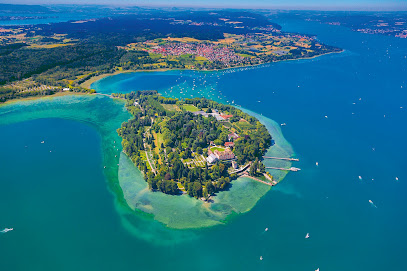
SEA LIFE Konstanz
Discover an enchanting underwater world at SEA LIFE Konstanz, home to over 3,000 creatures from Lake Constance to the Red Sea, offering an unforgettable aquatic adventure for the whole family.
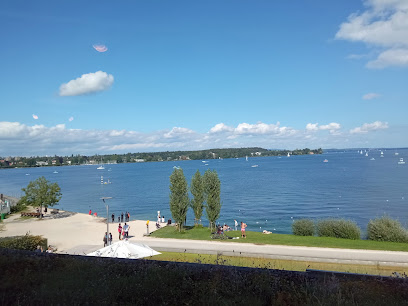
Kaiserbrunnen
Discover the Kaiserbrunnen in Konstanz: a satirical fountain blending history, art, and humor in the heart of the city's Marktstätte, offering a unique perspective on the Council of Constance.
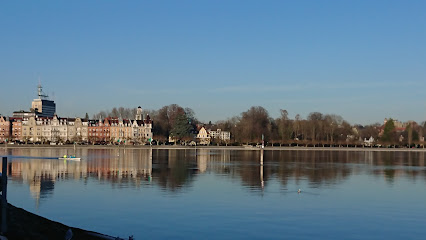
Schnetztor
Discover Konstanz's medieval past at the Schnetztor, a beautifully preserved 14th-century city gate offering a glimpse into the city's rich history and architectural grandeur.
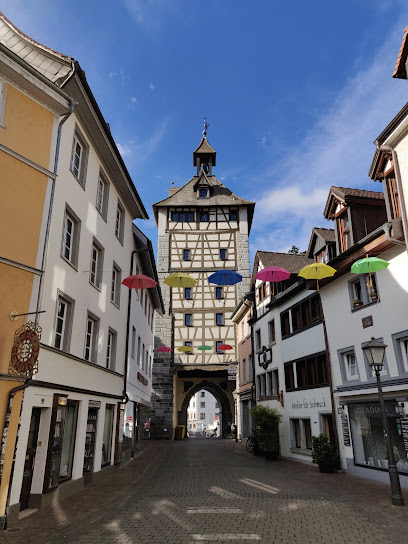
Unmissable attractions to see
Island Mainau
Explore the stunning Island Mainau, a floral paradise with breathtaking gardens, a historic castle, and unforgettable family-friendly adventures.
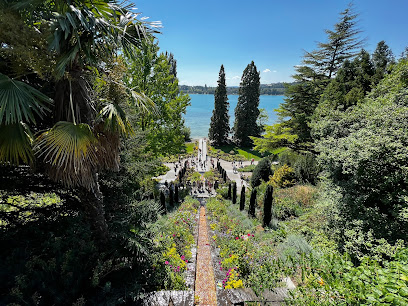
Pile Dwelling Museum
Explore the Pile Dwelling Museum, a captivating open-air museum on Lake Constance showcasing prehistoric life and stilt house reconstructions.
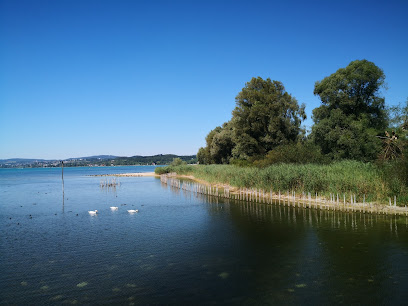
Meersburg Castle
Explore the rich history and stunning architecture of Meersburg Castle, a captivating landmark overlooking Lake Constance in Germany.
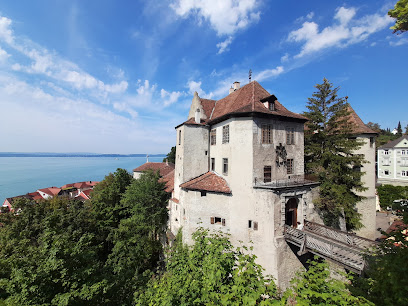
Stadtgarten
Experience the natural beauty and serenity of Stadtgarten, a state park in Konstanz, where lush landscapes meet stunning views of Lake Constance.
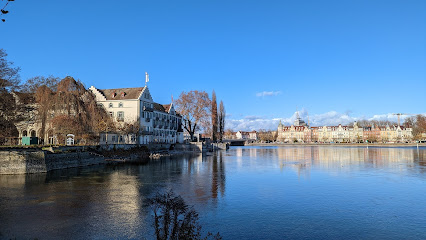
Moleturm
Experience the breathtaking views of Lake Constance and the Swiss Alps from Moleturm, an iconic observation deck in Friedrichshafen.
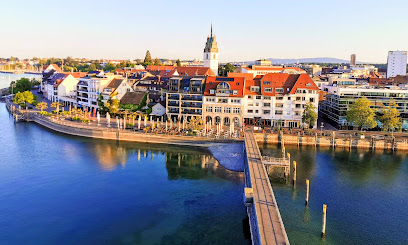
Uferpromenade Friedrichshafen
Experience the breathtaking beauty of Uferpromenade Friedrichshafen, a lakeside haven perfect for relaxation, culture, and scenic views.
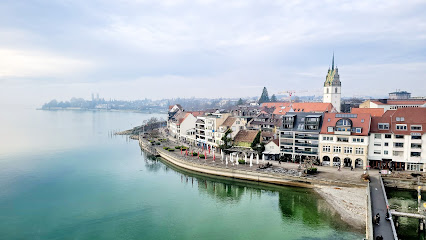
Schloss Mainau
Explore the stunning baroque Schloss Mainau amidst lush gardens and breathtaking views on Lake Constance, a must-see for every traveler.
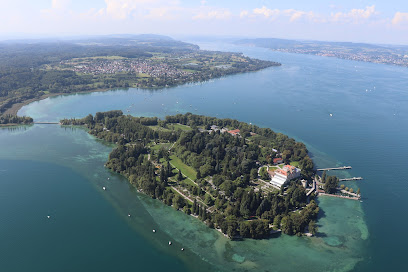
Reptilienhaus
Explore Reptilienhaus: A captivating reptile house and park in Uhldingen-Mühlhofen, perfect for family outings and wildlife enthusiasts.
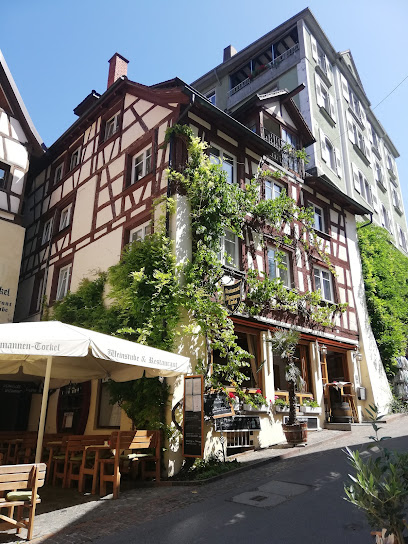
Mettnau
Discover the enchanting Mettnau Park in Radolfzell, where stunning lake views and lush greenery await every nature lover and tourist.
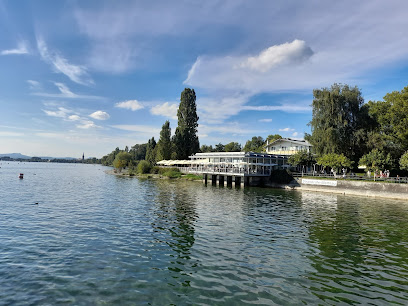
Schloss-Steg
Experience the stunning views and rich history at Schloss-Steg, a must-visit bridge in Friedrichshafen, Germany, overlooking Lake Constance.
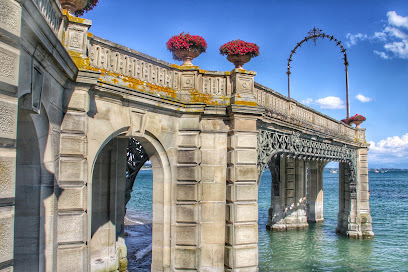
Archäologisches Landesmuseum Baden-Württemberg
Discover the rich history of Baden-Württemberg at the Archaeological Museum in Konstanz, where ancient artifacts reveal fascinating stories of the past.
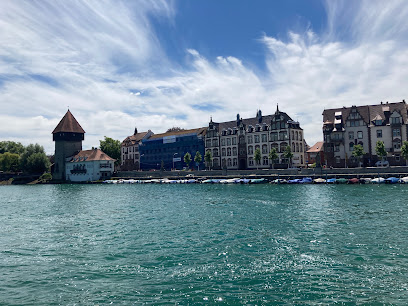
Wollmatinger Ried - Untersee - Gnadensee
Discover the rich biodiversity at Wollmatinger Ried - Untersee - Gnadensee, a haven for wildlife enthusiasts and nature lovers in Germany.
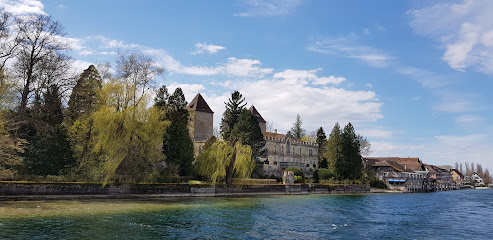
Bauernhof - Insel Mainau
Explore the enchanting Bauernhof on Insel Mainau, where vibrant gardens and friendly animals create a delightful retreat for families and nature lovers alike.
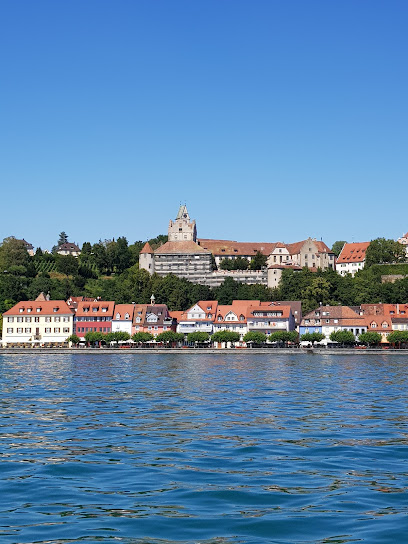
Historische Hafenuhr
Discover the enchanting Historische Hafenuhr in Konstanz, a historical landmark that beautifully captures the city's maritime heritage.
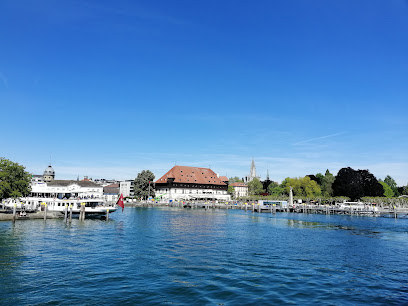
Brunnen am Landungssteg
Discover the tranquil beauty of Brunnen am Landungssteg, a picturesque lakeside attraction perfect for relaxation and stunning views.
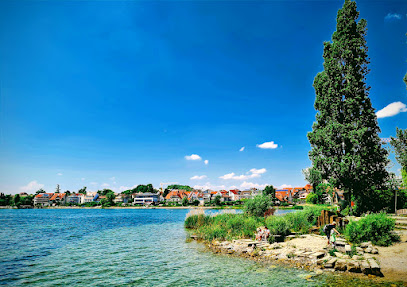
Essential places to dine
Constanzer Wirtshaus
Experience authentic Bavarian and Swabian cuisine at Constanzer Wirtshaus with stunning lake views in beautiful Konstanz.
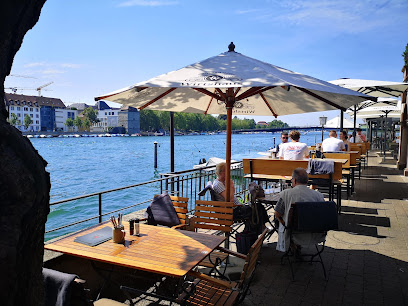
Tolle Knolle
Experience authentic German cuisine at Tolle Knolle in Konstanz, where every dish tells a story of tradition and taste.
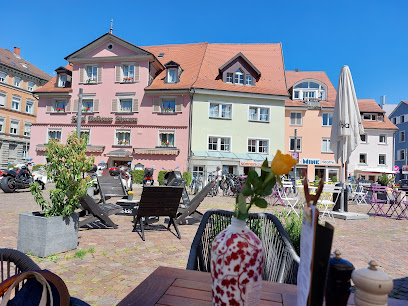
Hafenhalle
Discover Hafenhalle: A charming beer garden in Konstanz offering delicious food and an extensive selection of beers in a vibrant atmosphere.
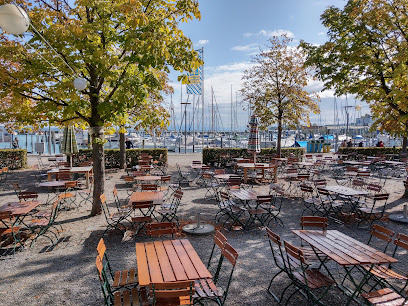
Konzil
Discover authentic Baden cuisine at Konzil, where stunning views of Lake Constance meet exceptional dining experiences.
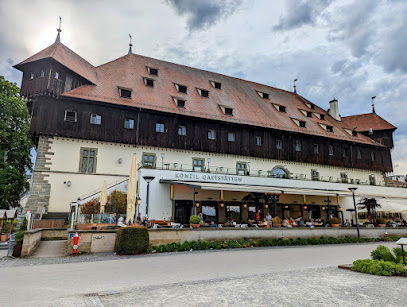
Omas Küche im Liesele
Experience authentic German cuisine at Omas Küche im Liesele in Radolfzell am Bodensee – where every dish tells a story.
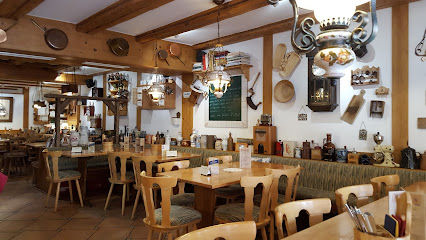
Heinzler am See
Discover Heinzler am See: A lakeside restaurant and café offering exquisite dining experiences with breathtaking views at Lake Constance.
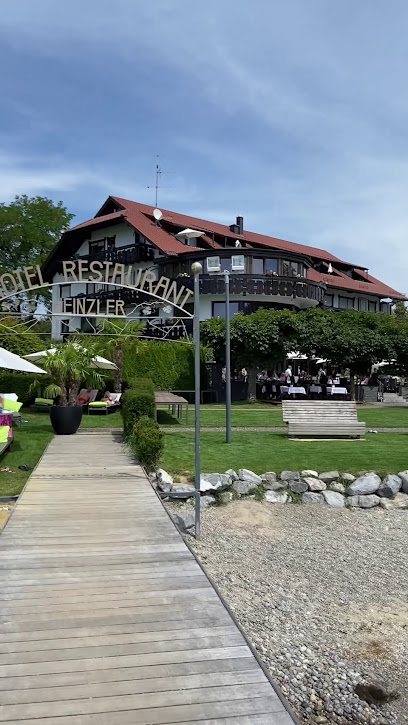
Brasserie Chez Léon
Experience the best of Italian cuisine fused with brasserie charm at Brasserie Chez Léon in beautiful Konstanz.
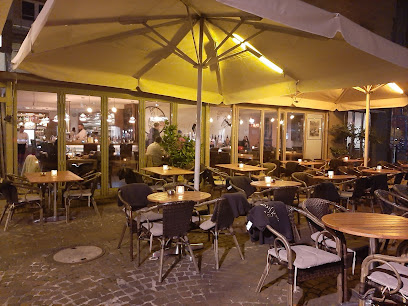
Rebgut Haltnau
Discover Rebgut Haltnau: A delightful restaurant by Lake Constance offering local cuisine and stunning lakeside views in Meersburg.
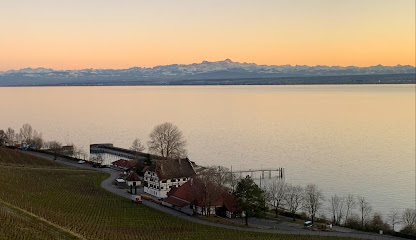
Restaurant Hafenmeisterei
Experience authentic Italian cuisine with stunning lake views at Restaurant Hafenmeisterei in Konstanz.
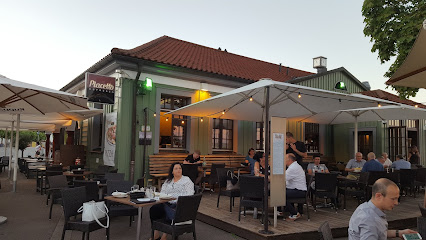
Hexenküche
Discover Hexenküche in Konstanz: A top-rated steakhouse offering exquisite dishes and a delightful atmosphere for food lovers.
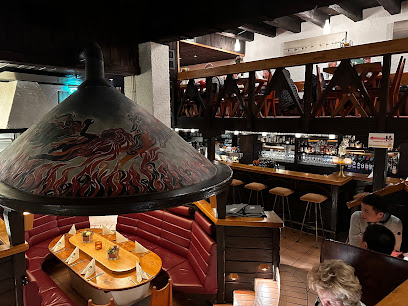
Seeblick
Discover exquisite dining at Seeblick with stunning views over Lake Constance - perfect for tourists seeking culinary delights in Hagnau am Bodensee.
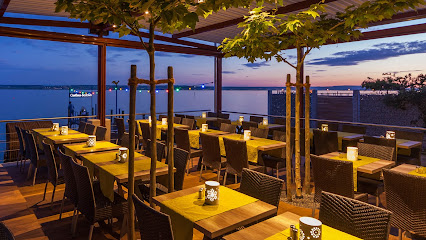
Good Rice zum Elefanten
Experience authentic Vietnamese cuisine at Good Rice zum Elefanten in Konstanz - a culinary journey filled with flavor and tradition.
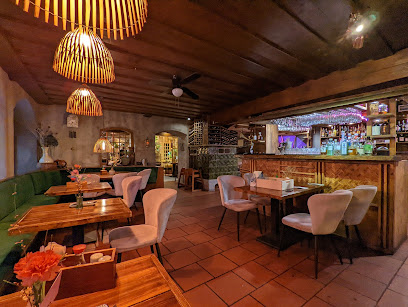
Romantik Hotel Barbarossa
Discover culinary excellence and historic charm at Romantik Hotel Barbarossa in Konstanz – your gateway to luxury dining and unforgettable experiences.
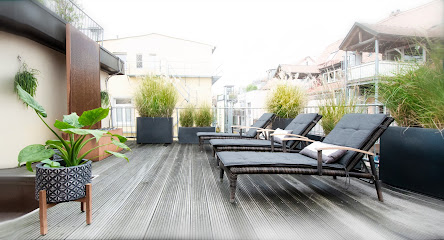
Cafe Münsterhof
Discover authentic German flavors at Cafe Münsterhof in Konstanz – where tradition meets modernity in every bite.
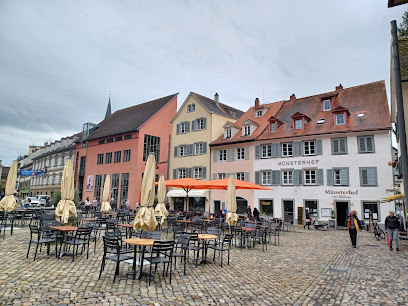
Restaurant Dischinger
Discover authentic German cuisine in the heart of Konstanz at Restaurant Dischinger, where tradition meets taste.
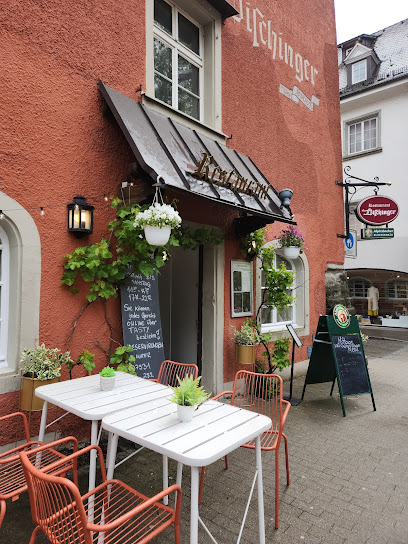
Markets, malls and hidden boutiques
LAGO Shopping Center
Experience the best of shopping and dining at LAGO Shopping Center in Konstanz, where style meets convenience in a vibrant atmosphere.
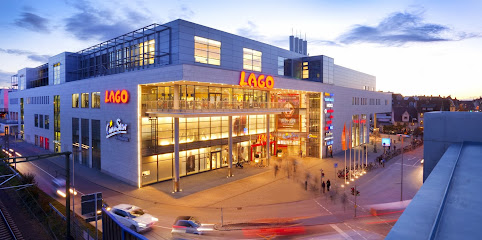
Spielwarengeschäft im LAGO Konstanz
Discover the magic of play at Spielwarengeschäft im LAGO Konstanz, a treasure trove of toys and games for all ages.
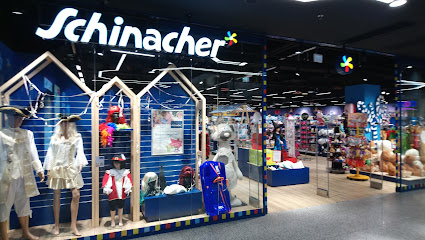
Kauf by Naturata
Discover fresh organic groceries and sustainable products at Kauf by Naturata in Immenstaad am Bodensee, a hub for health-conscious travelers.
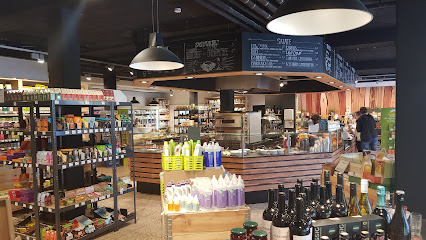
Mimor Kids Store
Discover the joy of shopping for children at Mimor Kids Store, a delightful destination for clothing, toys, and fabrics in Friedrichshafen.
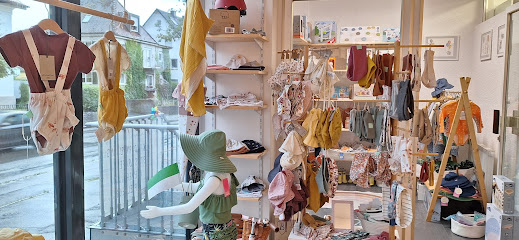
Theurich - Immenstaad
Explore Theurich in Immenstaad for a unique gift shopping experience, featuring clothing, toys, and local treasures in a charming atmosphere.
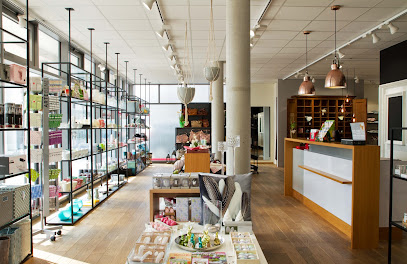
the sage
Explore The Sage in Romanshorn, Switzerland, for unique gifts, organic treats, and local beauty products that embody Swiss charm.
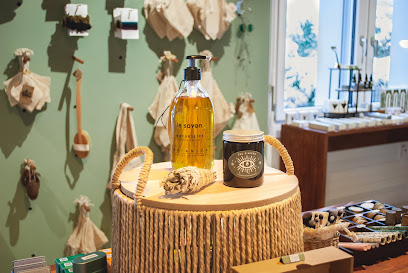
DRAENERT
Discover the exquisite blend of furniture and art at DRAENERT in Immenstaad am Bodensee, where design meets inspiration.
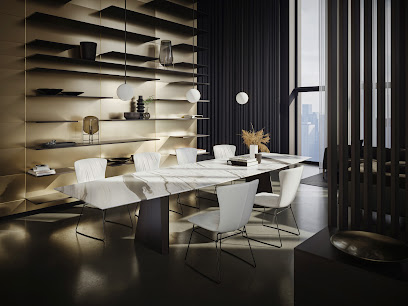
TeeGschwendner
Explore TeeGschwendner in Friedrichshafen: A delightful destination for tea lovers, offering exquisite selections of tea, chinaware, and gourmet groceries.
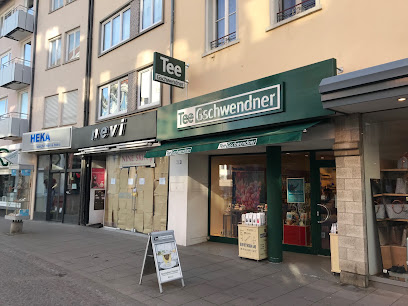
Rosenroth
Explore Rosenroth in Romanshorn, Switzerland – your go-to destination for unique gifts, home goods, and toys, reflecting local charm and craftsmanship.
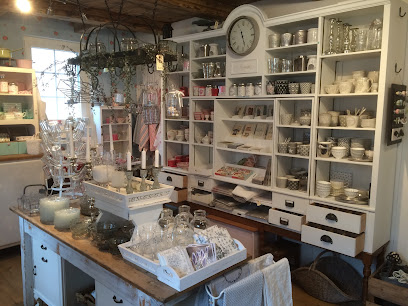
Galerie Seebär Inh. Udo Scheithauer
Explore an eclectic collection of vintage clothing, rare books, and antiques at Galerie Seebär in Immenstaad am Bodensee.
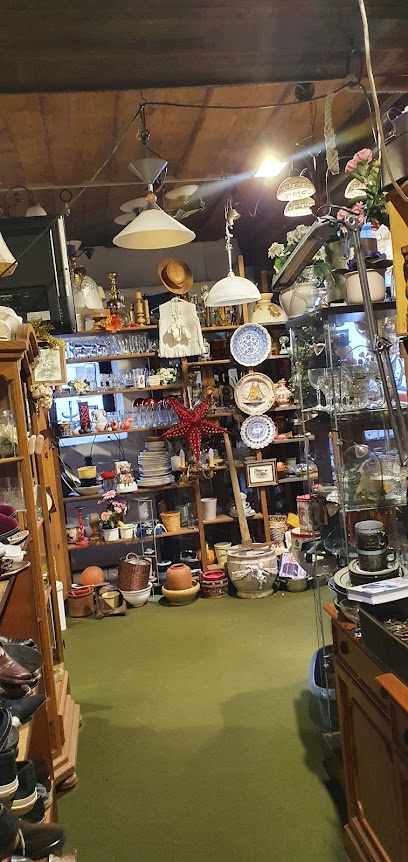
REYKJAVIK - nordic lifestyle
Explore Reykjavik: A vibrant fusion of art, culture, and stunning landscapes, perfect for adventurous travelers seeking unique experiences.
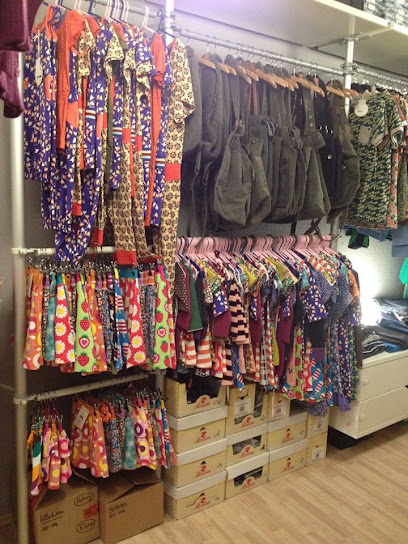
Lädele
Discover the charm of Lädele in Immenstaad, your go-to grocery store for fresh, local products and authentic German delicacies.
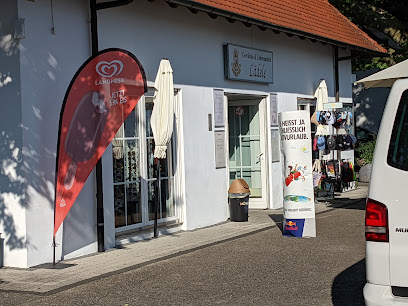
Omas Kaufhaus
Discover the joy of childhood at Omas Kaufhaus, a delightful toy store in Meersburg, offering unique toys and games for all ages.
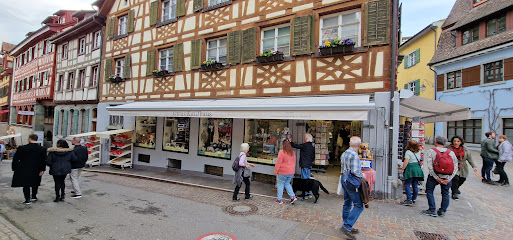
Weltladen Friedrichshafen
Explore ethical shopping at Weltladen Friedrichshafen, your go-to gift shop for unique fair trade products and natural goods in a charming setting.
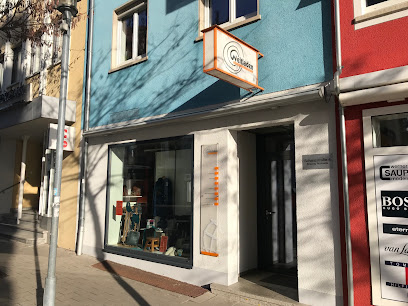
see u - souvenirs & gifts in konstanz am bodensee
Explore see u in Konstanz for unique souvenirs and gifts that embody the spirit of Lake Constance.
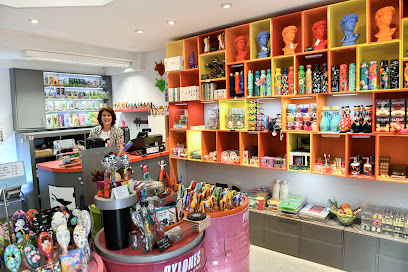
Essential bars & hidden hideouts
Deli
Experience the vibrant flavors of Deli in Konstanz, where German and Japanese cuisines meet crafted cocktails in a cozy atmosphere.
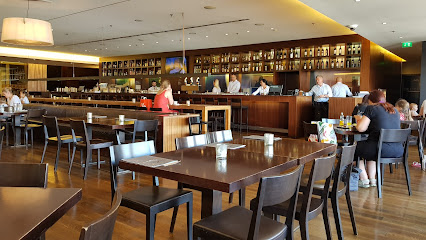
Stable
Discover Stable, the ultimate Irish pub experience in Konstanz, where hearty food, local brews, and friendly vibes await every visitor.
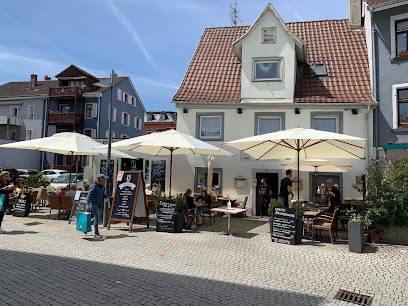
Blauer Engel Cocktail Bar
Experience the vibrant nightlife of Konstanz at Blauer Engel Cocktail Bar, known for its expertly crafted cocktails and inviting atmosphere.
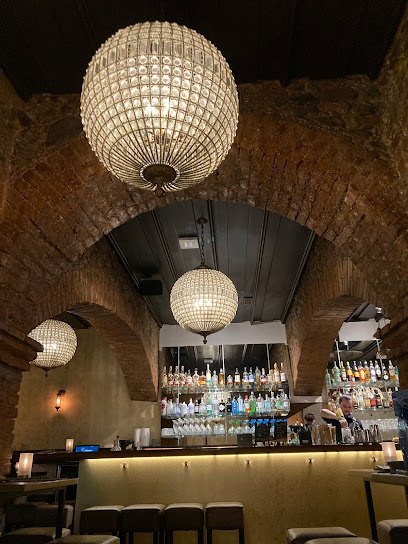
Strandbar Konstanz
Experience the vibrant atmosphere and breathtaking views at Strandbar Konstanz, a perfect lakeside retreat in the heart of Konstanz.
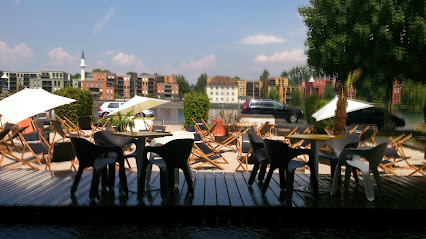
ess/bar
Discover the vibrant flavors of Ess/Bar in Konstanz, a gastropub blending local ingredients with international flair for an unforgettable dining experience.
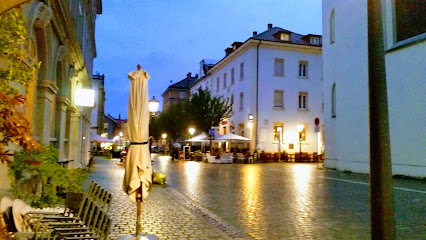
Bar Klimperkasten
Discover the vibrant nightlife of Konstanz at Bar Klimperkasten, where cocktails and camaraderie create memorable evenings in a charming setting.
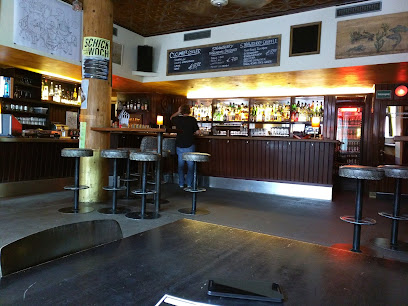
Khi-bar
Experience the vibrant flavors of Spain at Khi-bar, Konstanz's top tapas bar, where delicious small plates meet a lively atmosphere.
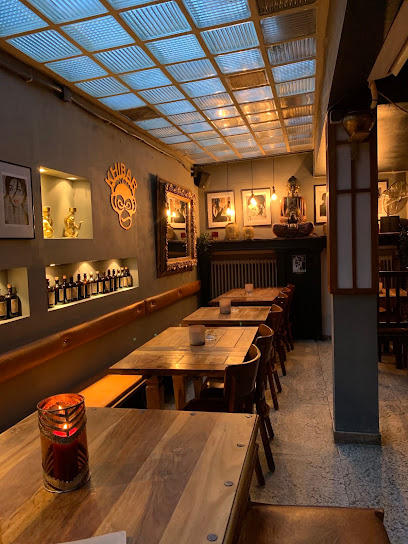
Destille Café Bar
Experience the perfect blend of coffee and cocktails at Destille Café Bar, a vibrant spot in Konstanz for relaxation and social gatherings.
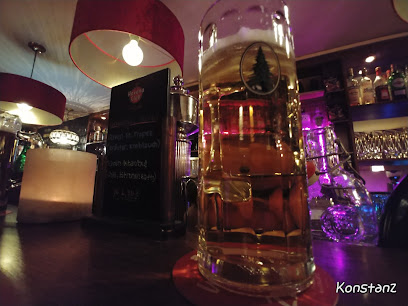
Heimat Bar
Experience the vibrant nightlife and local flavors at Heimat Bar in Konstanz, where every drink tells a story.
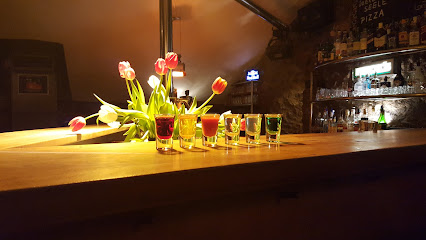
Backstage Musikcafe
Discover the lively atmosphere of Backstage Musikcafe, the heart of live music and social gatherings in Konstanz.
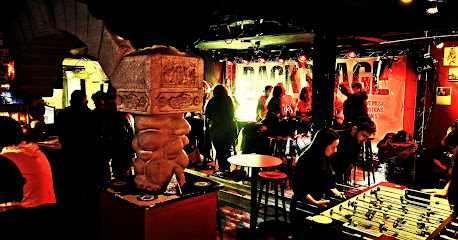
SHOTZ Konstanz
Discover the vibrant nightlife of Konstanz at SHOTZ Bar - affordable drinks, friendly ambiance, and a great place to meet locals.
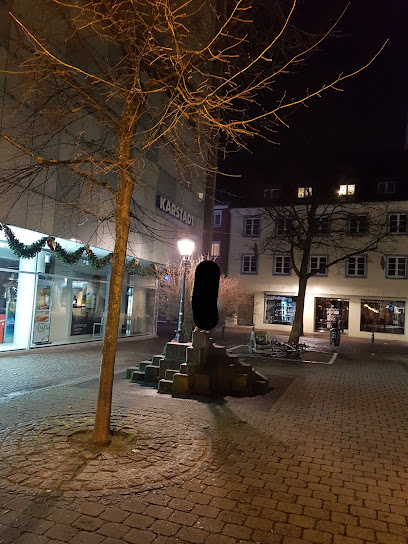
Einstein Bar Konstanz
Discover Einstein Bar in Konstanz for an exceptional nightlife experience with a variety of drinks and a vibrant atmosphere.
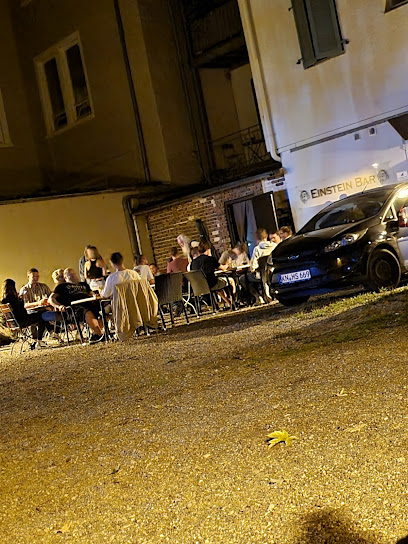
Pfiff Inh. Thomas Aich
Experience the vibrant atmosphere and delectable flavors at Pfiff Gastropub, a must-visit dining spot in the heart of Konstanz.
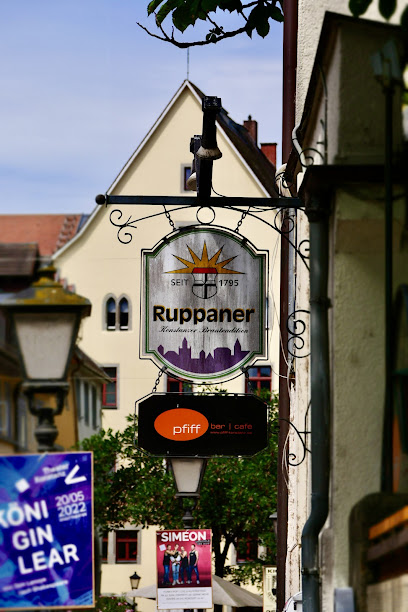
HIGH 5
Discover the vibrant nightlife at HIGH 5 Cocktail Bar in Konstanz, where expertly crafted cocktails and a lively atmosphere await.
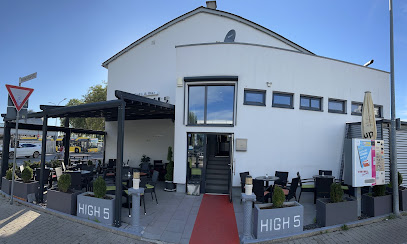
Local Phrases about Lake Constance
-
- HelloHallo
[ha-lo] - GoodbyeAuf Wiedersehen
[owf vee-der-zay-en] - YesJa
[yah] - NoNein
[nine] - Please/You're welcomeBitte
[bit-te] - Thank youDanke
[dahn-kuh] - Excuse me/SorryEntschuldigung
[ent-shool-dee-gung] - How are you?Wie geht es Ihnen?
[vee gayt es een-en] - Fine. And you?Gut. Und Ihnen?
[goot oond een-en] - Do you speak English?Sprechen Sie Englisch?
[shprek-en zee eng-leesh] - I don't understandIch verstehe nicht
[eekh fair-shtay-uh neekt]
- HelloHallo
-
- I'd like to see the menu, pleaseIch hätte gerne die Speisekarte, bitte
[eekh ha-tuh gair-nuh dee shpie-zuh-kahr-te, bit-te] - I don't eat meatIch esse kein Fleisch
[eekh ess-uh kine flysh] - Cheers!Prost!
[prohst] - I would like to pay, pleaseIch möchte bezahlen, bitte
[eekh mehrk-te bay-tsah-len, bit-te]
- I'd like to see the menu, pleaseIch hätte gerne die Speisekarte, bitte
-
- Help!Hilfe!
[hil-feh] - Go away!Geh weg!
[gay vegg] - Call the Police!Rufen Sie die Polizei!
[roo-fen zee dee poh-lee-tsye] - Call a doctor!Rufen Sie einen Arzt!
[roo-fen zee i-nen ah-ts] - I'm lostIch bin verloren
[eekh been fair-loh-ren] - I'm illIch bin krank
[eekh been krank]
- Help!Hilfe!
-
- I'd like to buy...Ich möchte kaufen...
[eekh mehrk-te cow-fen...] - I'm just lookingIch schaue nur
[eekh sh-ow-uh noor] - How much is it?Wie viel kostet das?
[vee feel koh-stet dahs] - That's too expensiveDas ist zu teuer
[dahs eest tsoo toy-er] - Can you lower the price?Können Sie den Preis senken?
[kern-en zee den price zank-en]
- I'd like to buy...Ich möchte kaufen...
-
- What time is it?Wie spät ist es?
[vee shpayt ist es] - It's one o'clockEs ist ein Uhr
[es ist iyn oor] - Half past (10)Halb elf
[halb elf] - MorningMorgen
[mawr-gen] - AfternoonNachmittag
[nahk-mit-tahk] - EveningAbend
[ah-bent] - YesterdayGestern
[geh-stern] - TodayHeute
[hoi-tuh] - TomorrowMorgen
[mawr-gen] - 1Eins
[iyns] - 2Zwei
[tsvai] - 3Drei
[dry] - 4Vier
[feer] - 5Fünf
[foonf] - 6Sechs
[zeks] - 7Sieben
[zee-ben] - 8Acht
[ahkt] - 9Neun
[noyn] - 10Zehn
[tsayn]
- What time is it?Wie spät ist es?
-
- Where's a/the...?Wo ist ein/der...?
[voh ist iyn/dehr] - What's the address?Wie ist die Adresse?
[vee ist dee ah-dreh-suh] - Can you show me (on the map)?Können Sie mir zeigen (auf der Karte)?
[kern-en zee meer tsigh-en (owf dehr kahr-te)] - When's the next (bus)?Wann kommt der nächste (Bus)?
[vahn kohmt dehr nayk-stuh (boos)] - A ticket (to ....)Eine Fahrkarte (nach ....)
[iyn-uh fahr-kahr-te (nahkh)]
- Where's a/the...?Wo ist ein/der...?
History of Lake Constance
-
Lake Constance, known in Latin as Lacus Brigantinus, was an important frontier of the Roman Empire. The Romans established settlements around the lake, including the town of Brigantium, modern-day Bregenz. These settlements served as trading posts and military outposts, contributing to the region's economic and strategic significance.
-
During the medieval period, the region around Lake Constance was a hub of monastic and ecclesiastical activity. The Reichenau Island, located on the lake, became a prominent center of learning and culture. The Reichenau Abbey, founded in 724 AD, was renowned for its contributions to art, literature, and the sciences.
-
From 1414 to 1418, the city of Constance hosted the Council of Constance, one of the most significant ecclesiastical assemblies of the Middle Ages. The council aimed to resolve the Papal Schism and church reforms. It was during this council that Jan Hus, the Bohemian reformer, was tried and executed.
-
In the 16th century, the Swabian League, a coalition of free cities, principalities, and knights in the Holy Roman Empire, played a crucial role in the region. The league's military and political influence helped maintain peace and stability around Lake Constance during a period of frequent territorial conflicts.
-
The Napoleonic Wars brought significant changes to the Lake Constance region. After the defeat of the Holy Roman Empire, the region was reorganized under the Confederation of the Rhine, a French satellite state. The political landscape shifted dramatically, leading to the dissolution of many traditional feudal structures.
-
The advent of the Industrial Revolution in the 19th century transformed the Lake Constance area into an industrial hub. The development of railways and steamships facilitated trade and tourism. Towns like Friedrichshafen became centers of innovation, particularly in the fields of aviation and engineering.
-
During World War II, Lake Constance's strategic location made it a site of military significance. Friedrichshafen was heavily bombed due to its industrial output, particularly the production of aircraft and zeppelins. The lake also served as a natural border, with parts of it marking the frontier between Nazi Germany and neutral Switzerland.
-
In the post-war period, Lake Constance has emerged as a vibrant cultural and economic region. It is now a popular destination for tourists, offering a blend of natural beauty, recreational activities, and historical sites. The annual Bregenz Festival, held on the lake's shores, is a highlight, showcasing opera and classical music performances on a floating stage.
Lake Constance Essentials
-
Lake Constance, known as Bodensee in German, is located in the border region of Germany, Austria, and Switzerland. The nearest major airports are Zurich Airport (ZRH) in Switzerland and Friedrichshafen Airport (FDH) in Germany. From Zurich, you can take a direct train to Konstanz, which takes about 1.5 hours. From Friedrichshafen, you can take a bus or a ferry to reach most destinations around Lake Constance. Additionally, there are frequent train connections from major German cities such as Munich and Stuttgart to the towns around the lake.
-
Public transportation around Lake Constance is efficient and convenient. The 'Bodensee Ticket' allows unlimited travel on trains, buses, and ferries in the region and is ideal for tourists. Ferries and boats are a popular and scenic way to travel between towns around the lake. Biking is also a great option, as the 'Bodensee-Radweg' is a well-marked cycling path that circles the entire lake. Car rentals are available but parking can be challenging in some of the more popular towns.
-
The official currency in Germany is the Euro (€). Credit cards are widely accepted in hotels, restaurants, and shops, but it is advisable to carry some cash for smaller establishments and local markets. ATMs are readily available in all major towns around Lake Constance. Additionally, some places may accept Swiss Francs (CHF) due to the proximity to Switzerland, but the exchange rate might not be favorable.
-
Lake Constance is generally a very safe destination for tourists. However, as with any travel destination, it is important to stay vigilant. Avoid leaving your belongings unattended and be cautious in crowded areas like markets and train stations. There are no specific high-crime areas targeting tourists, but it's always best to follow standard safety precautions, such as not walking alone at night in secluded areas.
-
In case of emergency, dial 112 for immediate assistance, which connects you to the police, fire department, and medical services. Hospitals and clinics are available in major towns like Konstanz, Friedrichshafen, and Lindau. It is advisable to have travel insurance that covers medical emergencies. Pharmacies ('Apotheken') are common and can provide over-the-counter medications and advice.
-
Fashion: Do dress smart-casual, especially in restaurants and cultural sites. Avoid overly casual clothing like flip-flops and beachwear in town centers. Religion: Do respect local customs in churches and religious sites. Men should remove hats, and everyone should dress modestly. Public Transport: Do validate your ticket before boarding trains and buses. Don't talk loudly on public transport. Greetings: Do greet people with a friendly 'Guten Tag' (Good day) or 'Hallo' (Hello). Avoid using first names until invited to do so. Eating & Drinking: Do try local specialties like 'Bodenseefelchen' (Lake Constance whitefish). Don't rush through meals; dining is a leisurely experience here.
-
To experience Lake Constance like a local, take time to explore the smaller towns and villages around the lake, such as Meersburg and Wasserburg. Visit local markets to buy fresh produce and regional specialties. Engage with locals in conversation, as they are often friendly and happy to share insights about the area. Don't miss the opportunity to taste locally produced wines from the vineyards around the lake. For a unique experience, take a Zeppelin flight from Friedrichshafen for a bird's-eye view of the lake.
Nearby Cities to Lake Constance
-
Things To Do in Dornbirn
-
Things To Do in Ruggell
-
Things To Do in Schellenberg
-
Things To Do in Mauren
-
Things To Do in Gamprin
-
Things To Do in Eschen
-
Things To Do in Schaan
-
Things To Do in Vaduz
-
Things To Do in Triesenberg
-
Things To Do in Balzers
-
Things To Do in Zurich
-
Things To Do in St. Anton am Arlberg
-
Things To Do in Arosa
-
Things To Do in Davos
-
Things To Do in Lucerne













